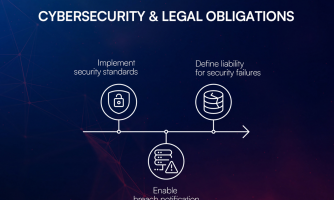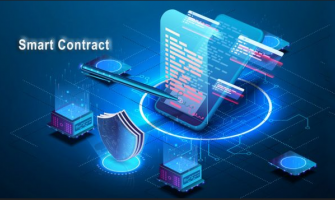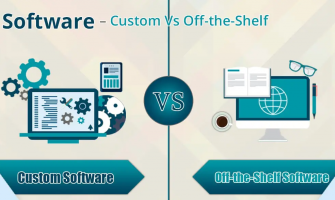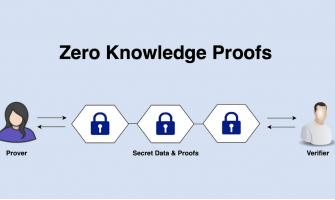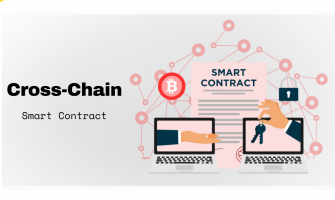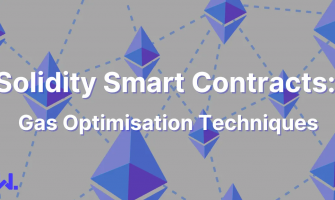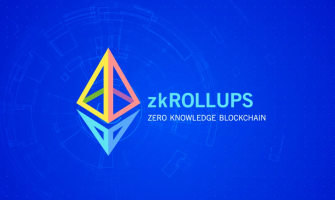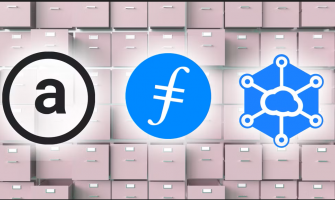1
1303
IntroductionAs blockchain technology evolves, smart contracts have become central to decentralized applications (dApps), DeFi, NFTs, and Web3 ecosystems. These self-executing contracts promise automation and trustless transactions—but they also bring..
0
1693
IntroductionSmart contracts are transforming industries by enabling trustless, automated agreements across decentralized applications (dApps). In 2025, as the blockchain ecosystem matures, the need for secure, efficient, and scalable smart contract p..
0
841
IntroductionThe blockchain revolution is well underway, transforming industries with decentralized applications (dApps), trustless interactions, and transparent operations. At the core of these transformations lie smart contracts—self-executing progr..
2
5948
Introduction:Smart contracts are self-executing programs on blockchains designed to automate trustless transactions. However, they cannot access external data independently. This is where oracles become essential. Oracles serve as a bridge between on..
0
795
Introduction:Smart contracts power decentralized applications (dApps) by executing predefined logic on the blockchain. However, their immutable nature means that once deployed, they cannot be changed or patched. This makes auditing critically importa..
0
879
IntroductionAs privacy and security become top priorities in the blockchain ecosystem, zero-knowledge proofs (ZKPs) have emerged as a revolutionary solution. ZKPs allow smart contracts to validate transactions without exposing the underlying data, en..
1
999
IntroductionAs Web3 continues to grow, interoperability between blockchains is becoming essential. Cross-chain smart contracts play a key role in this shift, enabling decentralized applications (dApps) to communicate and operate across multiple block..
0
938
IntroductionSmart contracts have revolutionized blockchain by enabling self-executing agreements without intermediaries. However, their traditional logic is limited to simple “if-this-then-that” conditions, which restrict flexibility and adaptability..
0
1649
IntroductionIn blockchain development, especially on Ethereum, gas fees are a major factor impacting the cost and efficiency of smart contracts. As decentralized applications (dApps) continue to grow, optimizing gas usage has become crucial for devel..
0
706
IntroductionSmart contracts have transformed blockchain by enabling automated, trustless transactions without intermediaries. However, traditional smart contracts face challenges like security risks, scalability issues, and limited flexibility. Smart..
0
905
Blockchain adoption has skyrocketed, but scalability remains a significant challenge. High gas fees and slow transaction speeds limit mainstream adoption. Layer 2 solutions like zk-Rollups are changing the game by using zero-knowledge proofs to enabl..
1
4622
In the era of Web3 and blockchain, traditional cloud storage solutions like Google Drive and AWS are not enough to ensure data security, censorship resistance, and decentralization. This has led to the rise of decentralized storage solutions like IP..

